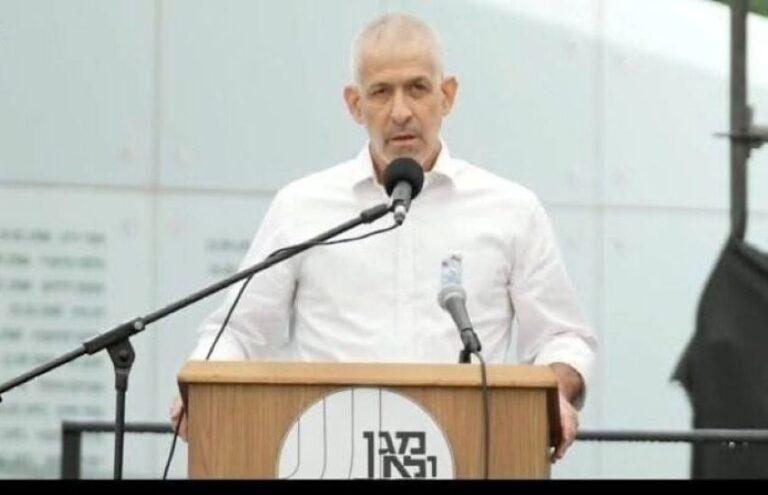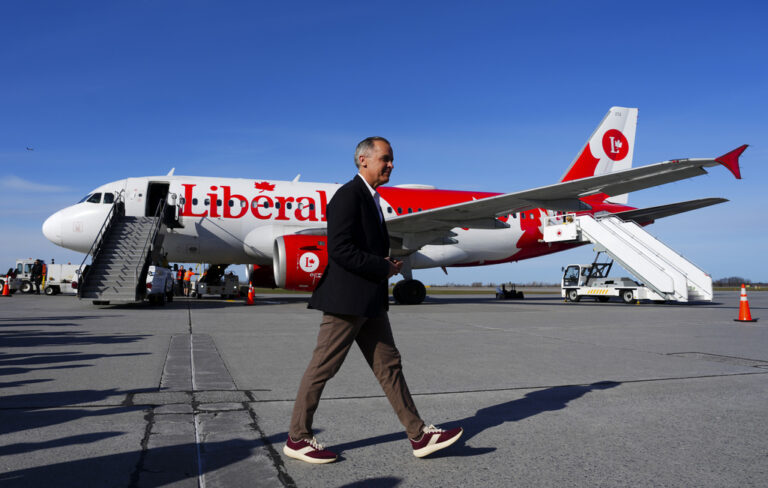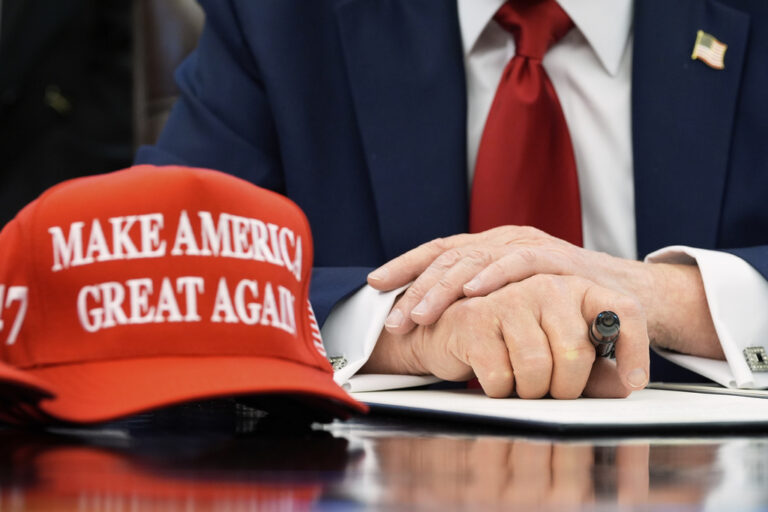Iran said Tuesday it was seeking the release of all Iranian prisoners held in the U.S. amid talks in Vienna meant to bring Tehran and Washington back into the nuclear deal between Iran and world powers.
Cabinet spokesman Ali Rabiei also hinted that another exchange of prisoners between Iran and America was possible, saying that “the idea of a swap of prisoners has always been on the agenda” and adding they should be released because of “humane concerns.”
Rabiei did not offer details on how many Iranians are held in the U.S. and claimed that releasing their names could harm them. However, he said, “their number is bigger than that of American prisoners in Iran.”
In 2019, a prisoner exchange saw Iran free a Chinese-American scholar from Princeton who had been held for three years on widely criticized espionage charges. At the time, Tehran said American authorities were holding about 20 Iranian nationals in jail.
Iran has at times expressed readiness for prisoner swaps with the U.S. When they do take place, the exchanges are seen as rare diplomatic breakthroughs between Tehran and Washington.
On Tuesday, Rabiei said Iranian judiciary has also voiced “readiness” for a swap. His remarks marked the second statement by Iranian officials on a possible prisoner release in less than two weeks.
Iran’s Foreign Ministry spokesman Saeed Khatibzadeh last week made comments suggesting Tehran hopes to swing a major prisoner swap as part of ongoing negotiations in Vienna. A similar swap accompanied the 2015 nuclear deal with world powers.
Iranian media have in recent days identified seven Iranians in U.S. custody by name while the U.S. regularly asks Iran to release American prisoners, including Siamak and Baquer Namazi, who are serving 10-year prison sentences on spying charges.
Siamak Namazi, a 46-year-old businessman who promoted closer ties between Iran and the West, was arrested in October 2015. His 81-year-old father Baquer, a former UNICEF representative who served as governor of Iran’s oil-rich Khuzestan province under the U.S.-backed shah, was arrested in February 2016, apparently drawn to Iran over fears about his incarcerated son.
Also among Americans held in Iran is environmentalist Morad Tahbaz, an Iranian with U.S. and British citizenship also initially sentenced to 10 years in prison.
There are other Western nationals in Iranian custody, including Nazanin Zaghari-Ratcliffe, a British-Iranian woman who after serving a five year prison sentence on spying charges has how been sentenced to a sixth year in prison or spreading “propaganda against the system” for participating in a protest in front of the Iranian Embassy in London in 2009.
Iran does not recognize dual nationalities, meaning those detained cannot receive consular assistance. The two Namazis, like other dual nationals, faced secret charges in closed-door hearings in Iran’s Revolutionary Court, which handles cases involving alleged attempts to overthrow the government.
As nuclear talks are about to get underway Tuesday in Vienna following a brief break, Tehran has been insisting that the U.S. lift all sanctions imposed under then-President Donald Trump after he pulled America out of the nuclear deal, including those not related to its nuclear program.
Meanwhile, Washington has said Iran needs to comply with all restrictions imposed under the deal. In response to Trump’s withdrawal, Iran has gradually violated the terms of the accord, including limits on uranium enrichment.
Washington has not been at the table for the Vienna talks, but an American delegation is in the Austrian capital and representatives of the other powers have been shuttling between it and the Iranian delegation.
(AP)











